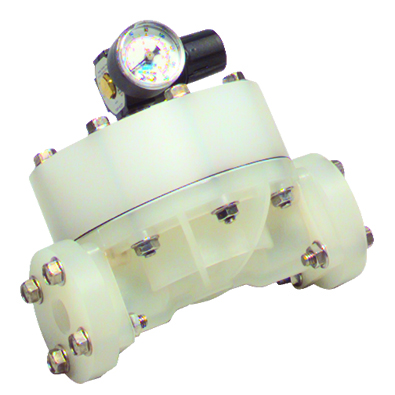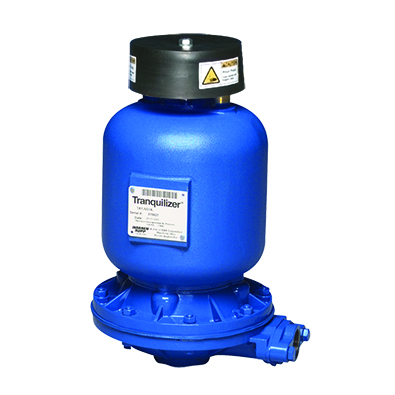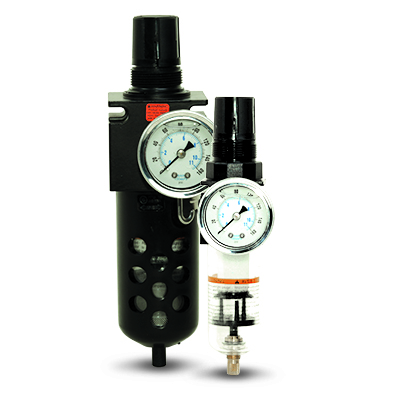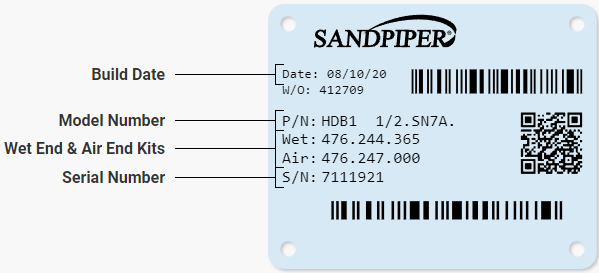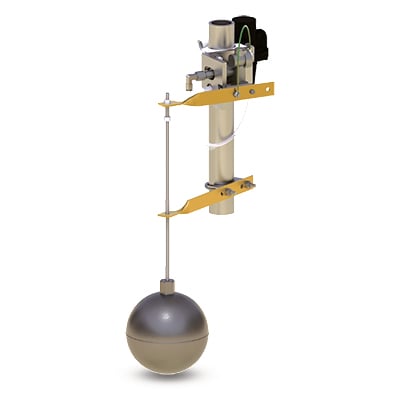The exponentially growing demand for battery production is driving the need for effective manufacturing solutions. As our daily power consumption increasingly relies on batteries, the shift to lithium-ion battery power is particularly transformative for electric vehicles (EVs). In fact, analysts project that the lithium-ion battery chain could grow by over 30% annually from 2022 to 2030.
Innovation in EV technology is progressing rapidly, with early adopters already embracing these advanced vehicles. However, the majority of the U.S. population still views EVs as a luxury due to their premium cost. In response, many car manufacturers are striving to develop more budget-friendly options for the masses, contributing to the growing demand for lithium-ion batteries.
The manufacturing of batteries for EVs involves a variety of specialized pump applications. To meet this demand, lithium battery manufacturers must find reliable pumping solutions that seamlessly integrate with the diverse technologies and processes used in their production. SANDPIPER pumps offer the chemical compatibility, precision, and reliability needed to support this industry.
Chemical Compatibility for Your AODD Pumps
One of the most important considerations in battery production is chemical compatibility. Ensuring chemicals are compatible with the materials in the production process prevents hazardous chemical reactions, helps produce high-quality, reliable products, and reduces wear and tear to extend the life of production equipment.
For AODD pumps used in battery manufacturing, chemical compatibility is vital for several reasons:
- Improved pump material integrity: Pumps designed with materials that withstand harsh chemicals prevent corrosion.
- Safety: Chemically compatible pumps ensure safe operation, reducing safety hazards.
- Product quality: Compatibility helps maintain the purity of battery materials, ensuring consistent product quality.
- Pump longevity: Using compatible materials reduces wear and tear, extending the life of the pumps.
- Lowered maintenance costs: Chemically compatible pumps require less frequent maintenance and repairs, minimizing production downtime.
On the other hand, poor chemical compatibility can lead to severe consequences:
- Equipment corrosion and failure: Incompatible chemicals can quickly degrade pump materials.
- Increased safety hazards: Chemical reactions can create unsafe working conditions.
- Contamination of battery materials: Poor compatibility can introduce impurities, affecting product quality.
- Higher maintenance costs: More frequent repairs and replacements increase costs.
- Downtime: Equipment failure and maintenance can cause significant production delays and financial losses.
SANDPIPER pumps provide the reliability needed to excel in these critical areas. To ensure you get the right pump for your needs, reference our Chemical Compatibility Guide.
Key Chemicals in Battery Manufacturing
In battery manufacturing, two key components—the anode and cathode active materials—play crucial roles in determining the performance, efficiency, and longevity of lithium-ion batteries. These materials present significant challenges due to their highly reactive and sometimes corrosive nature, which can be particularly harsh on pumping equipment.
Anode Materials
Anodes typically consist of graphite or other carbon-based compounds. These materials are fundamental to the electrochemical reaction that powers lithium-ion batteries. However, anode slurry mixtures are often viscous, making them challenging to handle in pumping systems. The pumps used in this process must be capable of transferring thick, abrasive slurries without causing excessive wear or clogging.
- Pump Considerations: For transferring graphite-based anode materials, SANDPIPER’s AODD pumps with abrasion-resistant material are ideal. These pumps can handle the viscosity and abrasiveness of the slurry while maintaining the integrity of the pump components.
Cathode Materials
Cathode materials are more complex and typically include lithium cobalt oxide, lithium iron phosphate, or other metal oxides. The production of cathode electrodes involves the use of aggressive chemicals, such as N-methylpyrrolidone (NMP), a solvent known for its toxicity, flammability, and high cost. Handling these chemicals requires equipment that can withstand their corrosive nature while also providing safety measures against potential fire hazards.
- Pump Considerations: NMP, being a flammable solvent, requires explosion-proof processing equipment. SANDPIPER AODD pumps, which are powered by compressed air, eliminate the risk of ignition that could occur with electrically powered pumps. Additionally, these pumps can be constructed from chemically resistant materials such as PTFE and other plastics to withstand the aggressive properties of cathode slurry formulations.
Key Steps in Battery Manufacturing and Compatible Pump Solutions
- Mixing and Handling Slurries: Both anode and cathode production involve the preparation and handling of slurries that contain abrasive materials. The slurry must be mixed and transported without contamination or degradation of pump performance.
- Pump Considerations: AODD pumps with abrasion-resistant diaphragms and wetted parts are well-suited for slurry transfer. They ensure that the material remains free of contaminants like copper, iron, and zinc, which could negatively impact battery performance.
- Chemical Processing and Solvent Management: The use of aggressive solvents like NMP requires pumps that can handle corrosive chemicals while minimizing safety risks in the production environment.
- Pump Considerations: SANDPIPER’s explosion-proof AODD pumps, equipped with corrosion-resistant materials such as Hastelloy and PTFE, are ideal for transferring NMP and similar solvents. These materials ensure that the pump operates safely while maintaining chemical integrity throughout the process.
- Coating and Drying Electrodes: Once the anode and cathode slurries are mixed, they are coated onto electrodes and dried to form the layers necessary for energy storage. Uniformity is critical in this stage to ensure battery efficiency and longevity.
- Pump Considerations: AODD pumps with precision flow control can help regulate the transfer of materials to the coating machines, ensuring consistent application and reducing the risk of uneven distribution.
- Pump Considerations: SANDPIPER pumps constructed from non-contaminating materials, free from metals like copper or zinc, help ensure the purity of the anode and cathode materials, which is important for the long-term reliability and performance of the battery cells.
Selecting a Pump for Battery Production
When selecting a pump for battery production, it is crucial to consider several factors, including the:
- Operating conditions of the battery plant
- Chemical compatibility of the pump materials
- Potential for wear and tear from corrosive or abrasive materials
Every battery plant operates differently, with unique challenges and environments, which makes selecting the right pump even more critical. SANDPIPER recognizes the diverse needs of battery production facilities and works closely with engineers and third-party engineering firms to understand specific applications and requirements. This collaborative approach ensures that the pump chosen will meet the needs of each operation, considering factors like chemical resistance, erosion, and corrosion, all while maximizing efficiency and uptime.
SANDPIPER AODD Pumps for Battery Production
If you're looking for pump models particularly well-suited for battery production, rather than pointing to a single product line, we recommend collaborating with SANDPIPER experts to ensure the pump design maximizes both performance and reliability for your specific application. Our team of experts provides:
- Tailored support: We help customers choose the most suitable pump materials and configurations for their applications.
- Hands-on experience: We welcome you to visit our facility to see firsthand how we tailor our pumps for battery production needs.
Whether you're concerned with performance longevity or preventing reduced efficiency due to chemical reactions, SANDPIPER’s pumps are designed to offer the best support for your production goals.
SANDPIPER’s Commitment to the Lithium Battery Market
In the rapidly evolving EV marketplace, having a trusted partner like SANDPIPER ensures that your pumps and pump parts remain chemically compatible, even as new technologies and materials emerge. Our pumps and accessories provide reliable, high-performance solutions for the demanding requirements of lithium-ion battery manufacturing and recycling. We use high-quality, corrosion-resistant materials and innovative design features that enhance durability and performance.
For tailored advice and expert support, reach out to a SANDPIPER expert or find a local distributor today.











